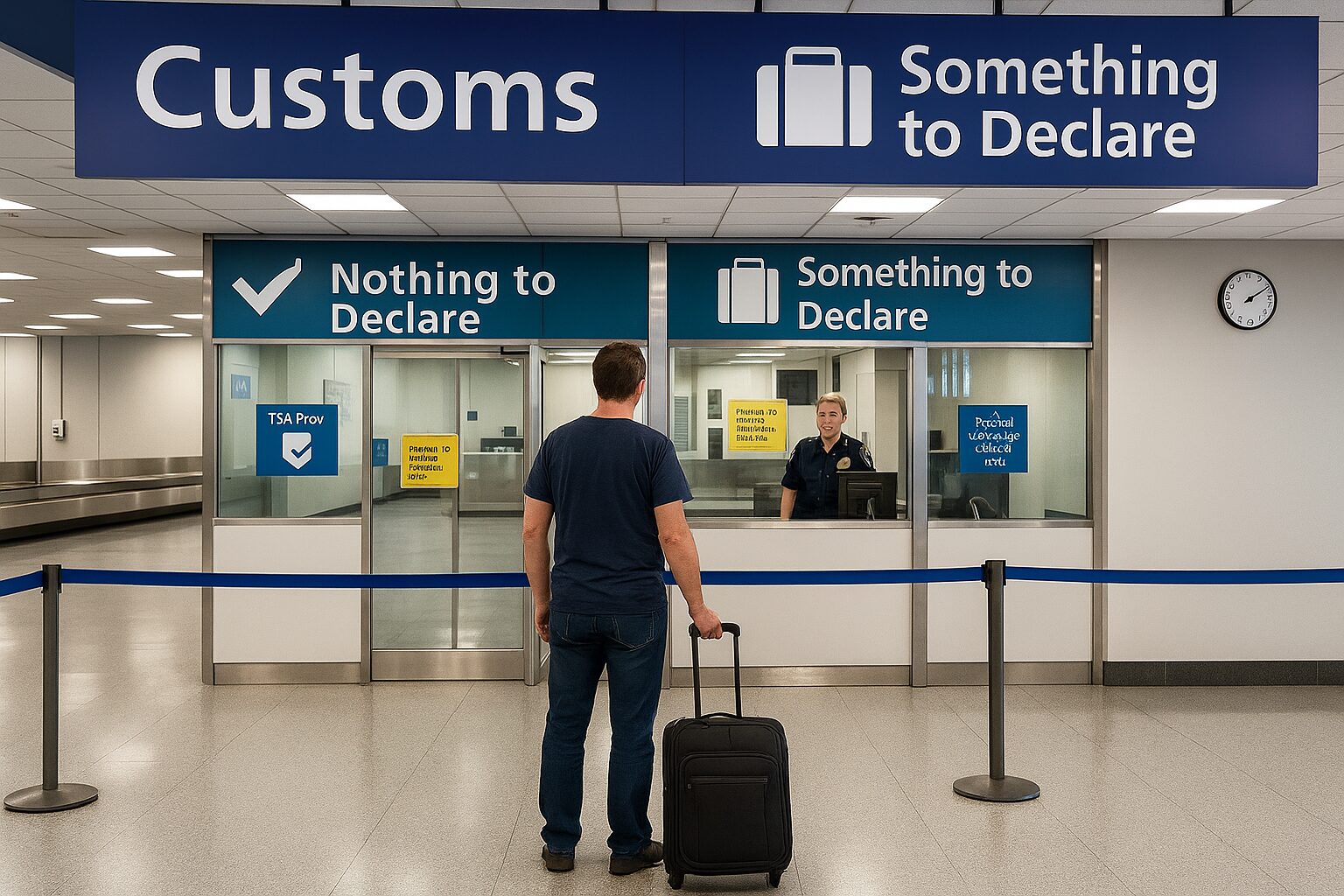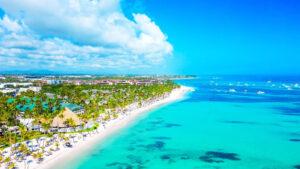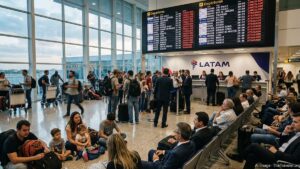International travel brings excitement—but customs can be confusing. From airport customs to declaring goods, it’s important to understand what’s allowed and what could land you in trouble. Whether you’re crossing into the U.S., Canada, Mexico, or the EU, knowing your duty free limits and declaration rules ensures smooth arrivals.
This detailed guide covers what you can and can’t bring, how to declare your items, and how to make the most of duty-free shopping—so your trip ends just as stress-free as it began.
What Is Customs?
Customs (also called aduanas or alfandega) refers to the border agency that checks incoming goods when you enter a country. Their job is to ensure that goods coming into the country meet national regulations, including banned substances, agricultural products, and duty-paid items.
If you’re traveling internationally, chances are you’ll pass through us border and customs or another country’s equivalent. At this point, you may need to declare goods like alcohol, electronics, or souvenirs.
What Is Duty-Free?
Duty-free refers to goods you can purchase without paying local import taxes or customs duties—often found in international airport shops. But don’t be fooled: duty-free doesn’t mean “limitless.”
Each country has its duty free allowance. For example:
- Duty free allowance USA: 1 liter of alcohol, 200 cigarettes, and up to $800 USD worth of goods per person.
- Canada duty free amounts: Vary depending on time spent abroad (e.g., 48 hours or more allows up to $800 CAD).
- EU travelers: Often allowed 1L of spirits, 200 cigarettes, and €430 worth of goods (if flying).
If you exceed these amounts, you must declare the excess and may need to pay customs duty.
What Do You Have to Declare at Customs?
Here’s a list of commonly declared items at customs in the airport:
- Alcohol and tobacco: Know the limits. For instance, us customs liquor allowance is strict.
- Electronics and luxury goods: High-value items may require declaring at customs.
- Food and agricultural products: Most fresh food, seeds, and meat are prohibited in many countries, including Canada.
- Currency: Amounts over $10,000 USD (or equivalent) must be declared.
- Gifts and souvenirs: These can push you over your us customs allowance per person.
Not sure what to declare? A good rule is: when in doubt, declare it.
How to Declare Items at Customs
Depending on the country, declarations can be done via:
- Paper customs declaration forms (e.g., us customs form or Canada declaration form)
- Digital declaration apps
- Verbal declarations at airport customs counters
If you’re bringing a bottle of wine on a plane, or packing it in checked luggage, know the limit. Can you pack wine in checked luggage? Yes—but exceeding alcohol allowances may require you to declare it and pay duties.
Some common questions:
- Do I have to declare clothes at customs? Only if they are new and over the personal exemption limit.
- Do I need to declare souvenirs? Yes, if they’re expensive or fall under restricted categories.
- Can I bring a bottle of wine on a plane? Yes, within limits—check with us customs liquor allowance or your destination’s rules.
Customs Rules Around the World
United States
- Duty-free limit: $800 USD
- Alcohol limit: 1 liter
- Must declare: Large purchases, tobacco, food, and electronics
Canada
- Duty-free allowance: Based on trip duration (24h, 48h, 7+ days)
- Liquor and tobacco rules apply
- Must declare jewelry, wine, and other luxury items
Japan Customs Declaration
- Limited duty-free alcohol and tobacco
- Strict limits on perfumes and food
Mexico
- Up to $500 USD of goods may be duty-free
- Declare electronics and cigarettes
- Customs for Mexico also limits certain imports
What Happens If You Don’t Declare?
If you fail to declare customs items, expect:
- Fines or penalties
- Confiscation of goods
- Delays or questioning
- Being flagged for future inspections
Whether it’s jewelry, souvenirs, or wine in a checked bag, being honest pays off.
Smart Duty-Free Shopping Tips
Make the most of duty free shop experiences:
- Buy only what you’re allowed to bring home
- Keep receipts and invoices to show at customs
- Avoid large items if you’re uncertain about duties
- If you’re traveling USA to Canada, respect the duty free limits from USA to Canada
- Ask staff about local duty free rules before making big purchases
Pro Traveler Tips for Customs Success
- Research before you go: Know your destination’s customs limits.
- Use digital forms: Speeds up entry in places like the U.S. and Canada.
- Pack light and smart: Avoid bringing unnecessary dutiable items.
- Check airline rules: Can you bring wine on the plane? Yes, but check volume and packaging rules.
- Understand what to declare at customs US or any other country you’re entering.
Final Thoughts
Whether you’re shopping at duty-free stores, packing souvenirs, or wondering what to declare customs, preparation is the key to stress-free travel.
Know your us duty free exemption, canadian border food restrictions, and customs declaration limits. Traveling shouldn’t end with a fine—it should end with great memories.
For more expert travel tips and insights that keep you ahead of the curve, stay tuned with The Inspiring Insight.





